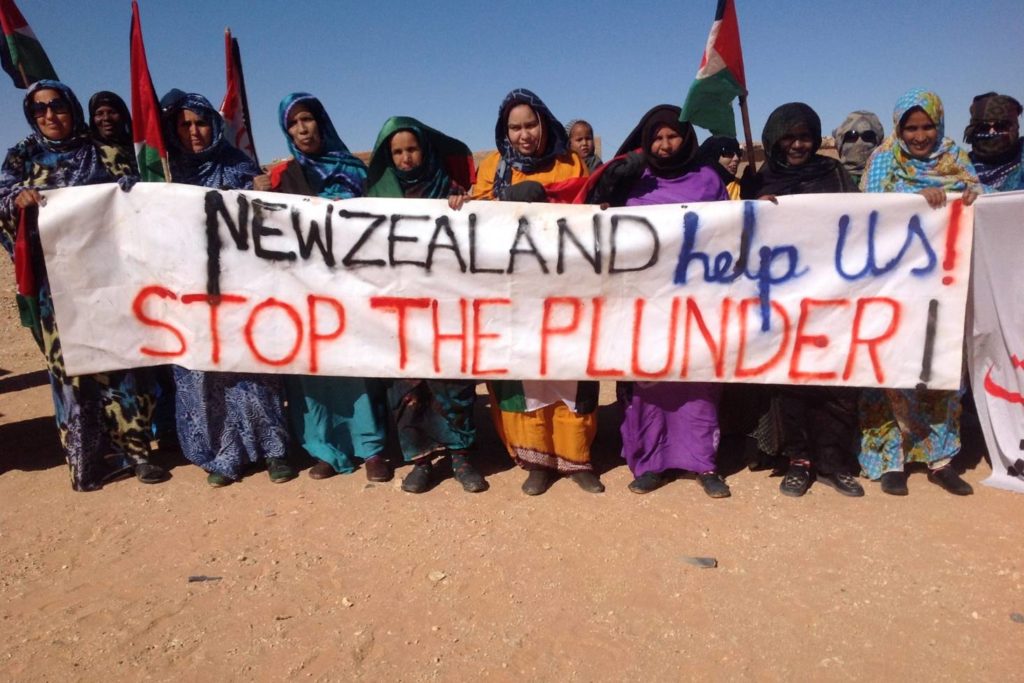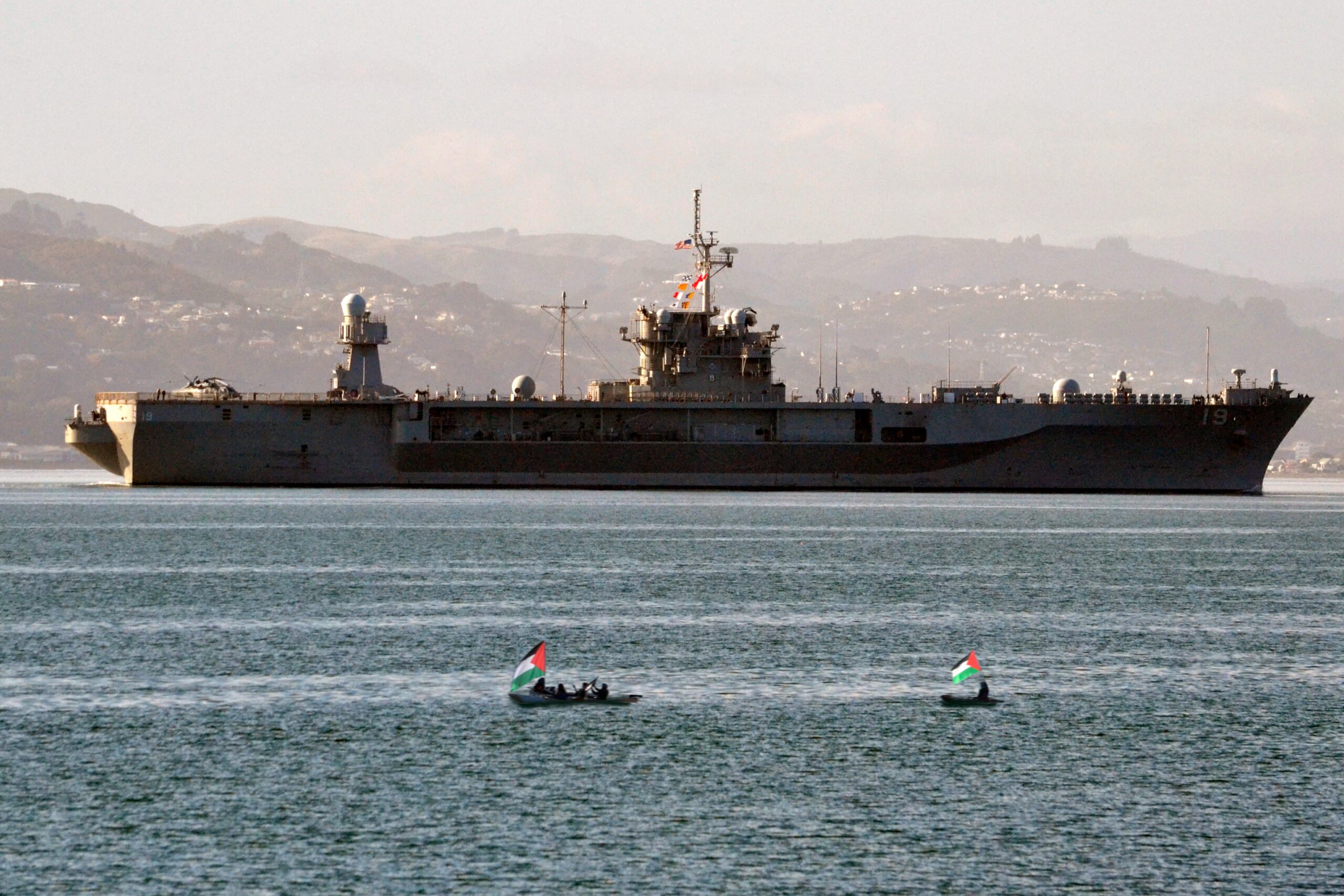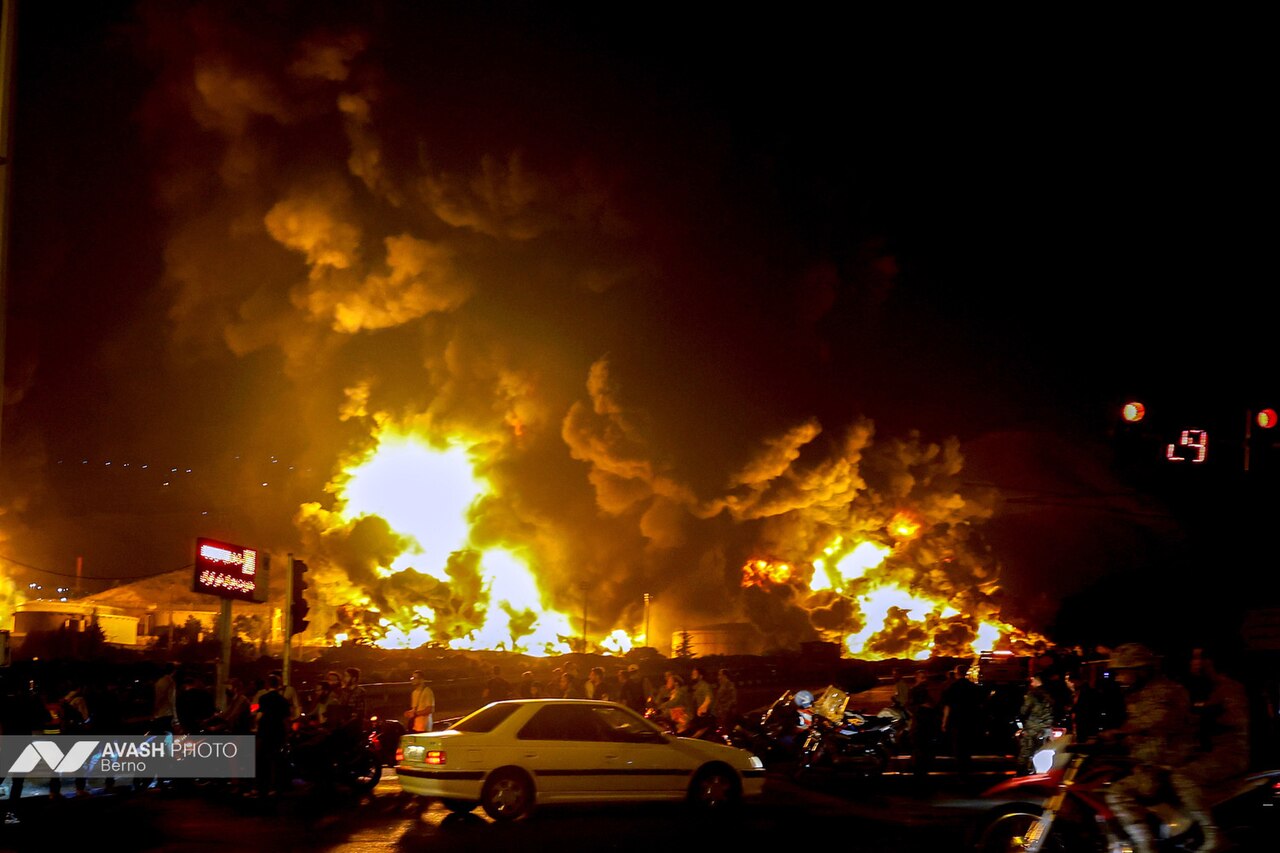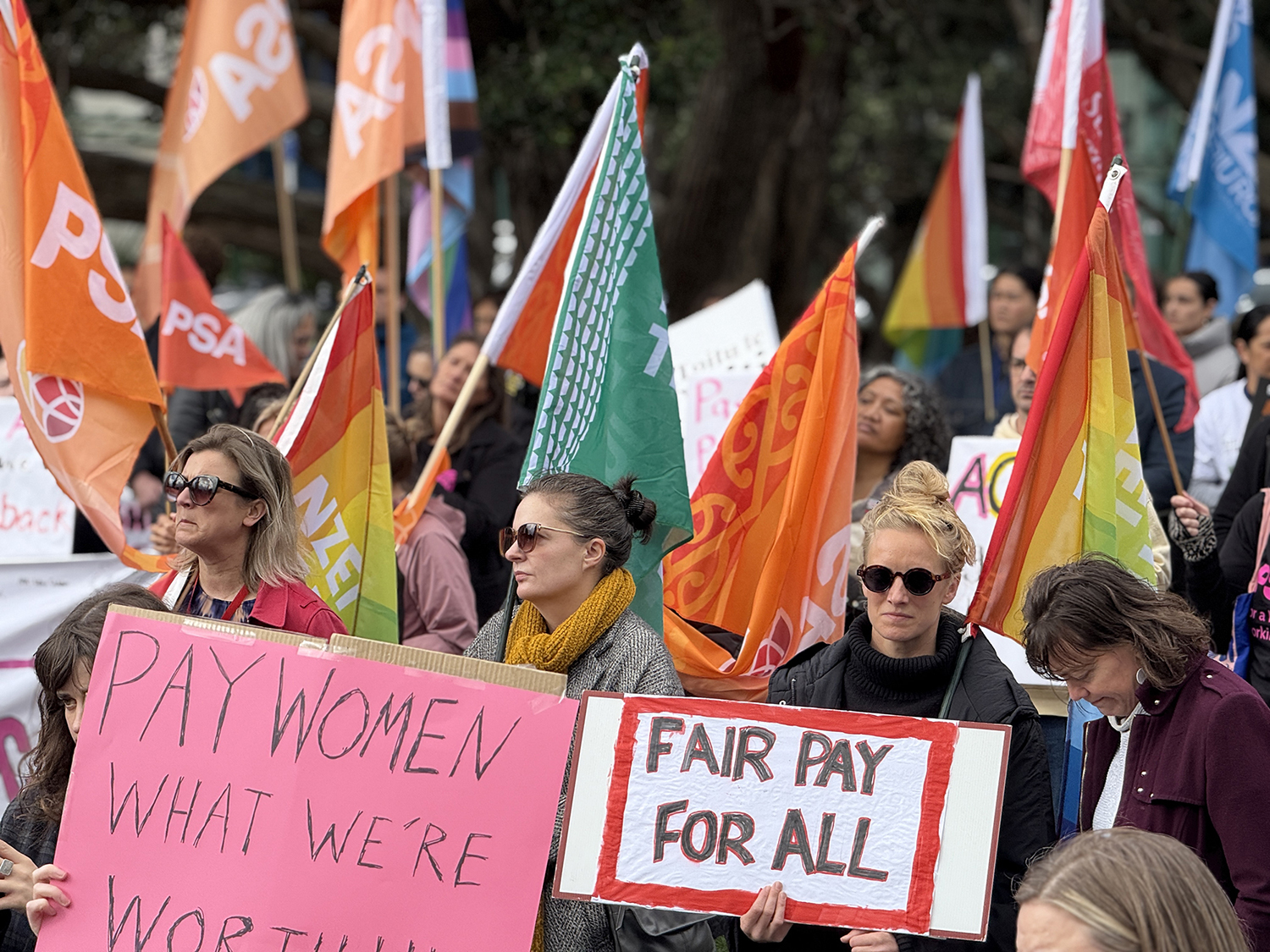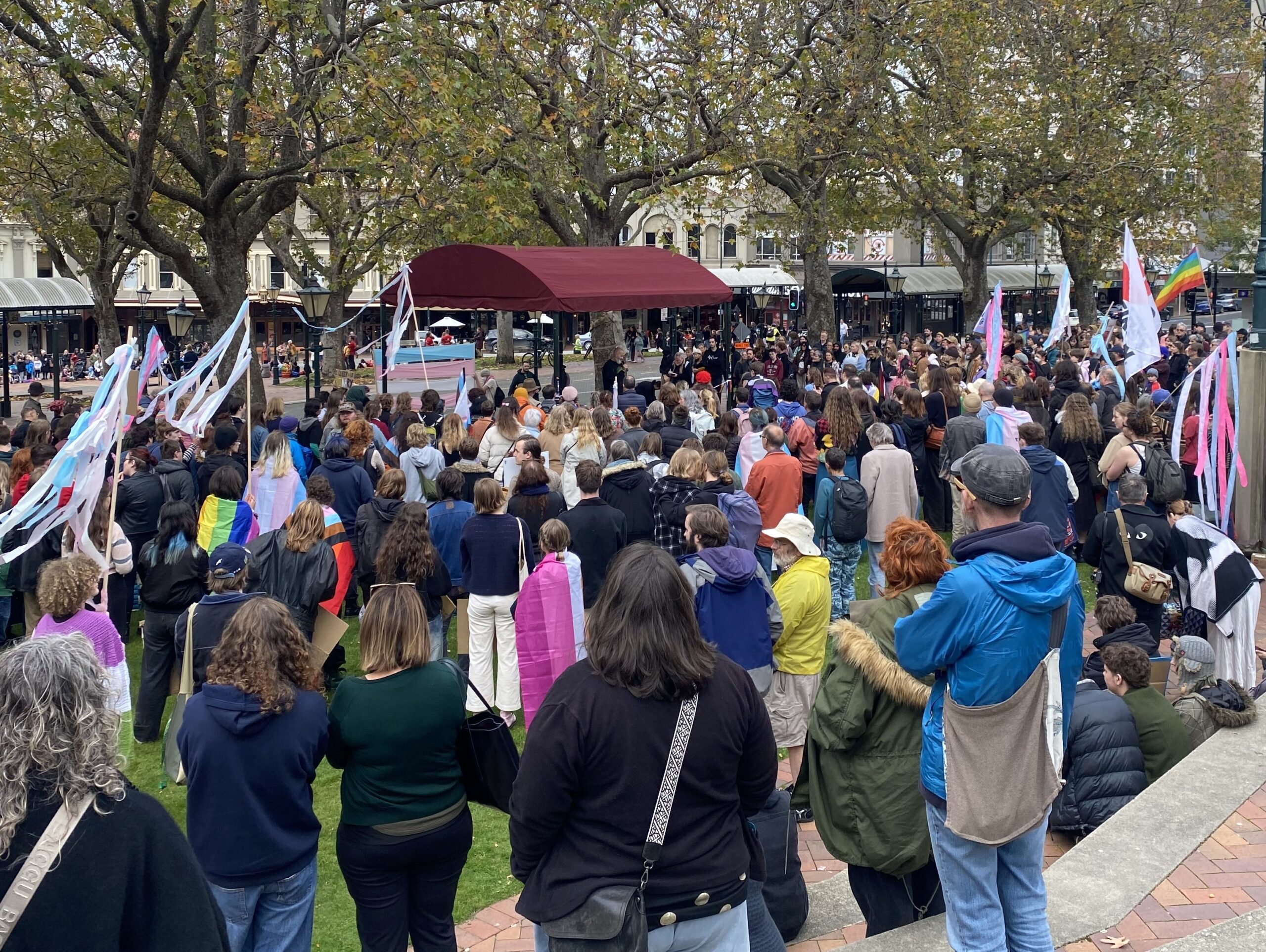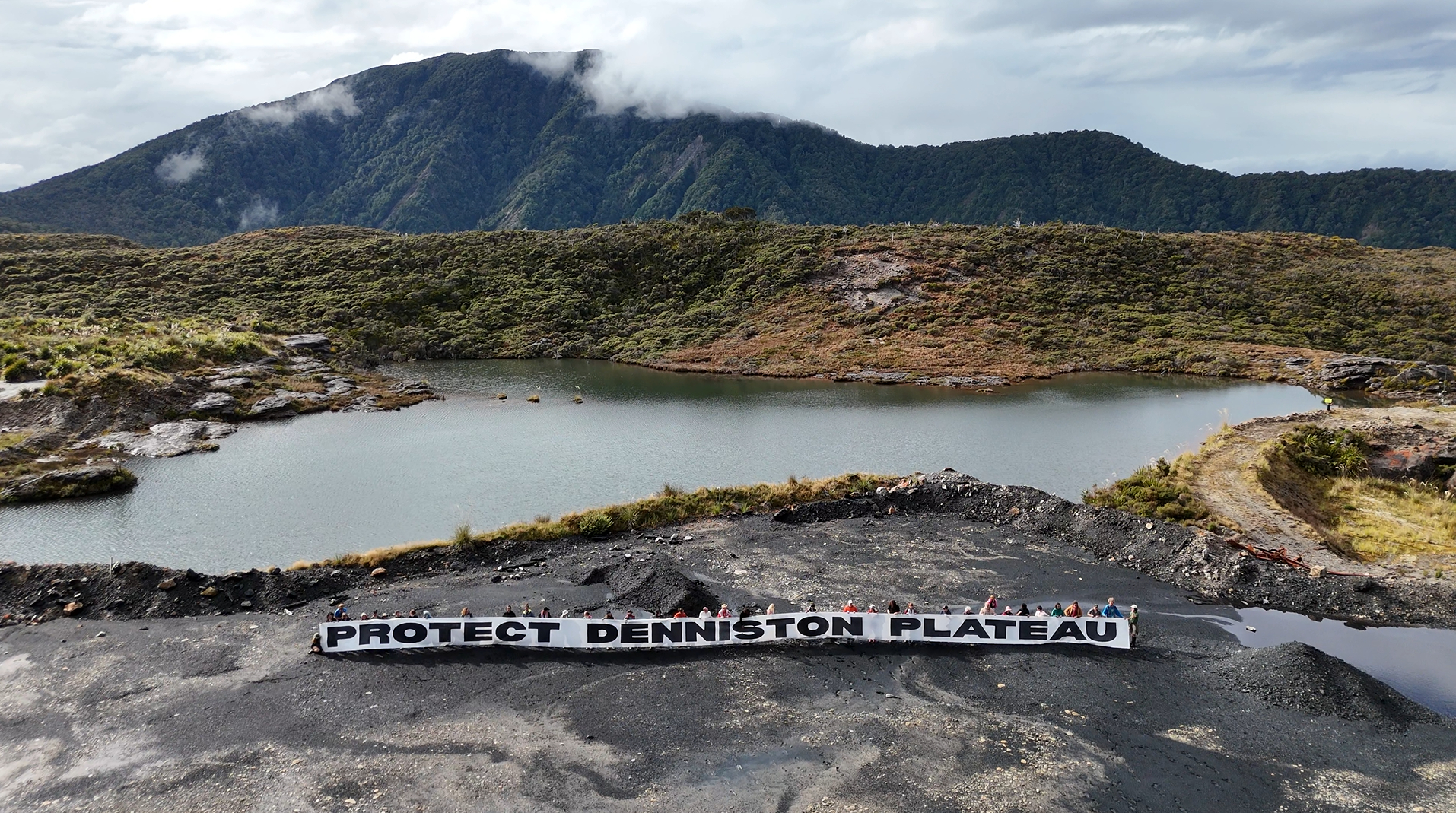In Morocco-occupied Western Sahara lies what the UN has labelled “Africa’s last colony”. In the last few decades over 160,000 people have been displaced (particularly into camps in Algeria), and others killed or disappeared for the crime of existing on resource-rich land. The desert landscape of Western Sahara is extremely rich in phosphate, a valuable mineral used in the agriculture industry as fertiliser to aid pasture growth. This is of particular interest to New Zealand, as despite having an economy heavily reliant on farming, New Zealand pastoral soils are naturally low in phosphorus and sulphur. Superphospohate (ground up phosphate rocks plus sulphuric acid) provides the key to farming supremacy in New Zealand. This is why the New Zealand government invests in potentially illegal (and certainly unethical) phosphorous farms in occupied Western Sahara.
Western Sahara is claimed by two groups: The nation of Morocco, which annexed the land in 1975, and the indigenous Saharawi people, who seek self-determination on the land. Despite Morocco’s whipping up of nationalist sentiments, it is fairly clear to the average observer that Morocco’s interest in Western Sahara is purely economic, due to the tremendous value of the aforementioned phosphate rocks. The Moroccan state owns around 95 percent of OCP Group, responsible for the vast majority of the world’s phosphate supply taking in over $5 billion USD annually, and the state enforces its stake in Western Sahara’s mineral reserves with both political lobbying and military force. And New Zealand has knowingly profited from, and in fact aided and abetted, this exploitative paradigm.
Over the last few years, New Zealand’s place in propping up the occupation of Western Sahara has been slowly forced into the public eye. This is due largely to the impounding of a ship carrying phosphate rocks, court proceedings (here and abroad), and local direct action against the only two Western private companies still importing this blood phosphate. These are New Zealand businesses Ballance Agri-Nutrients and Ravensdown, which annually import about $30 million of phosphate from farms in the occupied territory.
Fadel Kamel Mohamed, representative of Western Sahara’s foremost political body, the Polisario Front, took the New Zealand Superfund to New Zealand’s High Court in 2020 for incentivising an unlawful occupation, but lost that battle. The Superfund admitted no wrongdoing, despite the High Court noting that the Superfund has financial links to Western Saharan phosphate in three ways:
- The Fund previously retained passive debt interests in OCP
- Currently holds equity interests in companies with premises in Western Sahara which directly or indirectly support the mining operation
- Holds a current investment portfolio which includes New Zealand farms (the Fund farms) which are supplied by Ballance.
The High Court Judgement Report notes that an international capital fund alerts investors of the “risk of reputational damage generated by severe controversy surrounding OCP’s continued extraction of phosphate from Western Sahara.” The report further adds that the Superfund failed to properly consider whether to exclude OCP bonds on these grounds. In the end, the High Court determined that it could not force the Superfund’s hand. It also stated that New Zealand’s Ministry of Foreign Affairs and Trade (MFAT) advised the Superfund that OCP’s operations “comply with the wishes of the [Sahrawi] community and do benefit the community.”
Naturally, the next question is, what part of the Sahrawi community is MFAT hearing from? Certainly not the Sahrawi human rights advocates who have been speaking out against the colonial regime for decades. Certainly not the Polisario Front directly combatting such perspectives. In fact, MFAT can assert whatever they like here in terms of “benefit”, meanwhile, a European Union court decision in September 2021 determined that Morocco does not have the consent of the people of Western Sahara to engage in any trade deals relating to Western Saharan land and waters. Looking for answers to the above question in reports (discoverable via Official Information Act (OIA) requests) on conversations between MFAT and the Superfund borders on absurd, as any economic analysis or steps the New Zealand government could take are redacted in full – as seen in the screenshot below.
When asked directly for her perspective on New Zealand’s importing of blood phosphate Minister Nanaia Mahuta responded that “the importation of phosphate rock is a commercial decision.” This is after MFAT safeguarded that very same commercial decision.To a cynical mind, it appears that both MFAT and the Superfund value phosphate, and the position of agriculture as a primary industry, more than the risks posed to New Zealand’s international reputation. As crass as it may seem, the New Zealand government’s view of Sahrawi people appears to be that of a commodity at best (and a hurdle at worst). The machinery of the New Zealand state, whether Labour or National led, is undeniably capitalist and is working on capital’s terms, particularly agricultural capital. This sector is a foundational piece of New Zealand’s international trade, a sector which has, since the colonial capture of the land, held hugely disproportionate sway over the politics of the state. However, these realities cannot obscure that New Zealand’s vast agricultural wealth is built with the blood and livelihoods of an occupied people. Ravensdown and Ballance have effectively formed a contiguous bloc of lobbying power with the state to keep this practice quietly in place, until they can resolve this violent (and perhaps more crucially, unpopular and probably illegal) paradigm.
This evidence and recent history of ministerial maneuvering suggests that gears of change may be in motion, though hidden behind ministers’ closed doors to avoid scrutiny. Recently, Labour MP Damien O’Connor, the government’s Minister of Agriculture, for Biosecurity, for Trade and Export Growth, for Land Information, and for Rural Communities flatly denied an OIA request regarding any discussion of Western Sahara “involving minister Damien O’Connor or more simply involving any MPI officials.” Not only was this request denied, but the Ombudsman’s provisional opinion reinforced this decision, stating that the “making available of that information would be likely to prejudice the security or defence of New Zealand or the international relations of the Government of New Zealand.” We can understand this to mean that the New Zealand government will not honestly discuss what they say regarding Western Sahara behind closed doors, because it will make them look bad on the international stage.

A couple of days prior to this OIA rejection, Minister Mahuta met with Israeli Ambassador Ran Yaakoby to discuss the growth of New Zealand and Israel’s economic relationship, and specifically, the NZ-Israel Agritech Summit of February 2022. This is alarming on its own, given the growing evidence of intentional Israeli poisoning of Gaza by spraying cropkillers along Gaza’s border (recently confirmed in a response to a Freedom of Information request) and seemingly weaponising wind to expose Gazans to these poisons (not to mention Israel’s history of directly using white phosphorus shells against Palestinians). However, the cooperation talks also follow an increasingly tight agricultural partnership between New Zealand and Israel, marked by a milestone treaty signed by New Zealand in early 2020, the Technological Innovation and R&D Treaty with Israel. Furthermore, towards the end of 2020, we saw the Trump administration broker a normalisation deal between Morocco and Israel, predicated on the USA officially recognising Morocco’s claim to occupied Western Sahara. The large imperialist powers are circling brutalised, imperialised peoples like vultures, while New Zealand picks and chooses which exploitation to profit from, rather than disengaging economically and supporting the Sahrawi people for the sake of their political and personal liberation.
Since her appointment in late 2020 to the position of Minister for Foreign Affairs and Trade, Minister Mahuta has assured advocacy groups that change is coming, that announcements will be made at a vague future time regarding the government’s stance on both Palestine and Western Sahara. However, the ministry has employed a litany of delay tactics, including ignoring correspondence, questionable repeated “system glitches”, and OIA extensions and outright rejections. In the last few months correspondence has become strained, inconsistent and full of vapid non-answers (“thank you for your perspective,” and such). One possible reason for this tightening of relations between New Zealand, Israel and Morocco is that Israel’s recent military and economic closeness is occurring in parallel to Israel’s deepening military and intelligence ties to Australia, and by proxy, New Zealand. While Israel is not a member of the Five Eyes spy network, the state lies in very close proximity due to its extensive intelligence-sharing deals with member nation USA. In the last days of December 2021, the Sydney Morning Herald reported that “Israeli Foreign Minister Yair Lapid has opened the door to deepening security ties with Australia and the Five Eyes spying network to counter Iran’s cyber attacks and combat terrorism” and that Israel is “very interested in deepening our ties with Australia and with all countries in the Indo-Pacific.” Without delving into the imperialist geopolitics at play here, it is very likely that MFAT has repeatedly stalled any support for self-determination movements that would offend Israel, due to their taking a seat next to New Zealand at the military intelligence table.
The New Zealand government has repeatedly admitted that it has many profit streams built upon both Morocco and Israel’s oppression of indigenous, occupied peoples and the plundering of their land. When the nationalists of New Zealand, public servants or not, celebrate our vast farming industry (or more insidiously, use that industry’s profit to rationalise away climate-protective or anti-imperialist policies that could endanger it) we should point further down the supply chain, where our government knowingly hides criminal activity and wanton unconscionable plunder. Reprehensibly, this is done in our name – in the name of the economic health of the clean, green Kiwis of Aotearoa. Reflecting on this can be confronting: by default, we are complicit in the extractive forces of empire. As socialists, we stand with the exploited and against the coercion and violence of international capital. We argue for self-determination of the oppressed (particularly those oppressed by the intersecting vectors of anti-indigenous colonisation and militarised imperialism) and against ruling classes of nations that would sacrifice them for raw materials. Our task now is to expose the hypocrisy of those speaking in our name, and disrupt the businesses in our backyards, Ravensdown and Ballance, as they bend over backwards to justify human rights violations.

